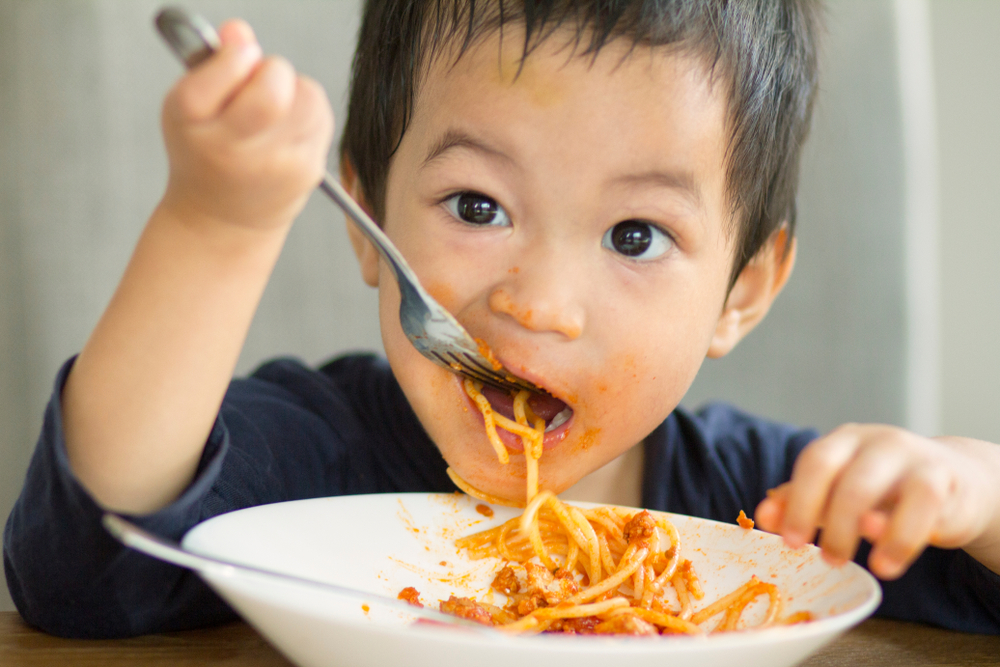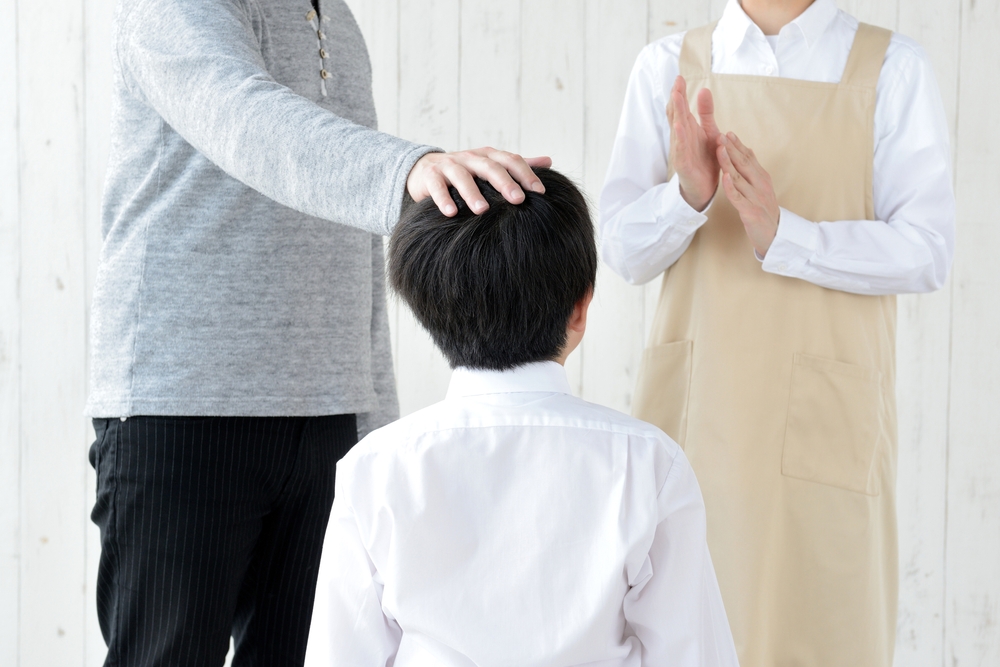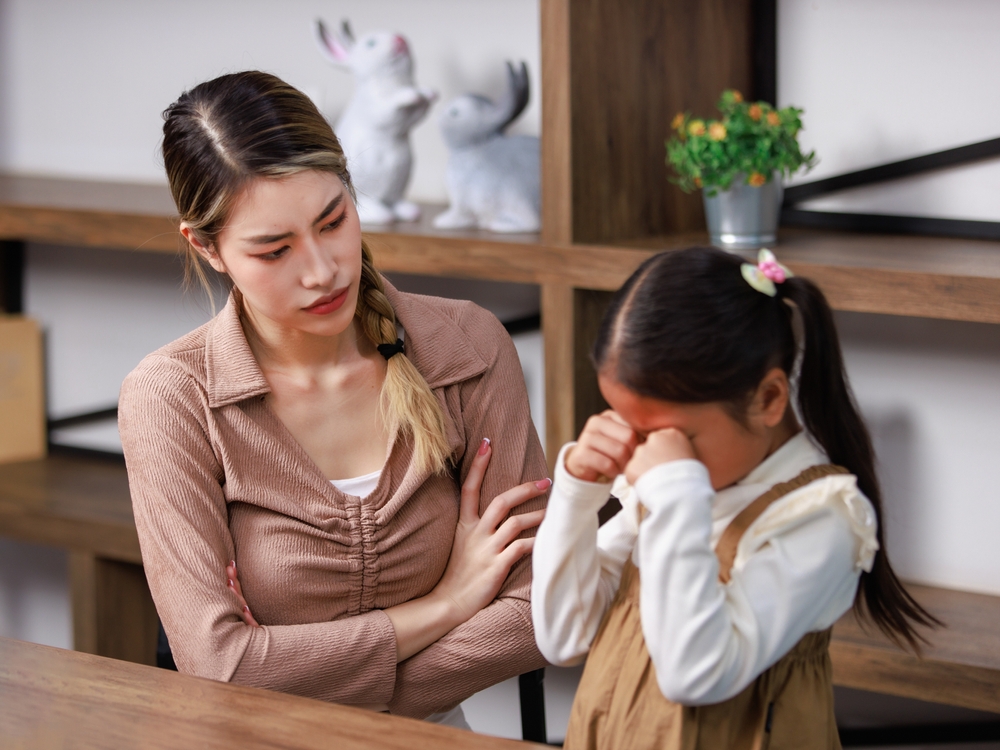Children eating leftovers, the cost for Dad to cover is high

Written by : Octopus Parent, Leung Wing Lok
Legendary parenting KOL Mrs Mak (i.e., McDull’s mom) once said: “There was a child who told a big lie, and the next day, he died…” Teaching children about consequences and costs is an unavoidable responsibility for parents. Thus, yesterday, my little daughter Yin and I had the following conversation at the dinner table:
Yin: I’m leaving half of my meal, please, dad, cover for me.
Dad: What attitude is that, always expecting me to cover for you, do you know the cost is significant for me?
Yin: What cost?
Dad: The cost means consequences (answering randomly), the cost of eating too much is getting fat.
Yin: But you are already very fat. (Instant kill)
Dad: There’s also a cost for leaving your food; I will take away your candies, let’s see if you dare to leave your food again. (Embarrassed and angry)
Yin: Woo… I don’t get fat from eating candies, but you’re still very fat without eating them.
Dad: I’m getting fat because I always have to cover for you guys. (The more he answers, the sadder he gets)
Taking away candies for leaving food, otherwise, dad, the king of covering, will only get fatter. Since the birth of my son, Hope, my weight has increased by more than 30%, so I must immediately stop the children from casually leaving their food, or else fat dad will have to pay a heavy “weighty” price.

In fact, the garbage we discard every day also comes at a cost to Hong Kong’s environment. I’m not talking about the consequences of littering fines of $1500 or the like, but in the past thirty years, while Hong Kong’s population has grown by only 30%, the total amount of municipal solid waste has increased by nearly 84%, far outpacing the overall growth. This is because everyone thinks there is no cost to throwing away trash, but in reality, the process of waste disposal not only occupies precious land (which Hong Kong people feel most ‘painfully’), but also consumes a lot of manpower and resources… These ‘costs’ are something that Hong Kong people have not thought about bearing in the past, but many Asian cities including Seoul and Taipei have implemented solid waste charging for many years with success. Why can’t the citizens of Hong Kong bear this together?
After a long-winded explanation to my little daughter Yin… “Dad, with all the nonsense you talk on a daily basis, can I charge you a fee to help you reduce waste and bear the burden together?”





















